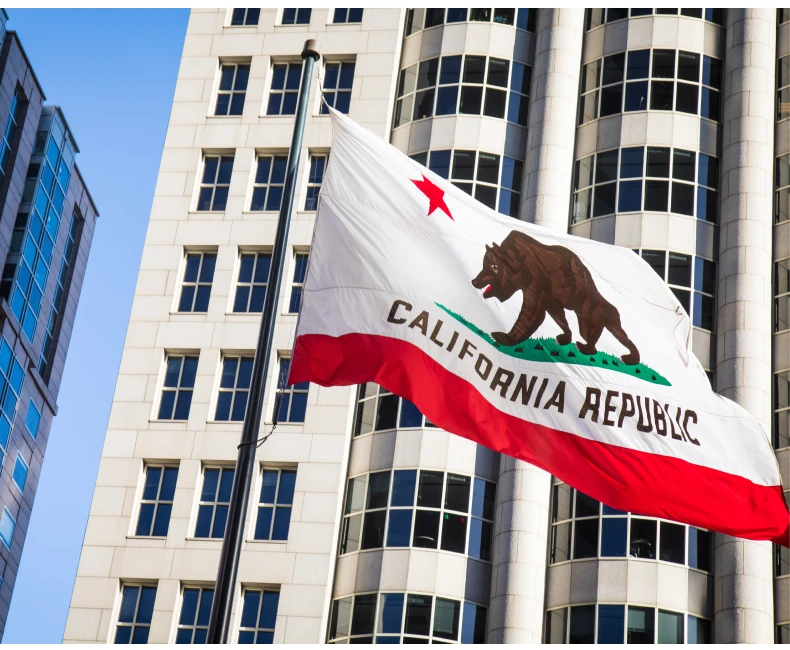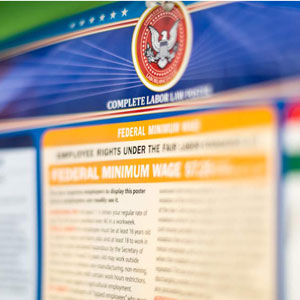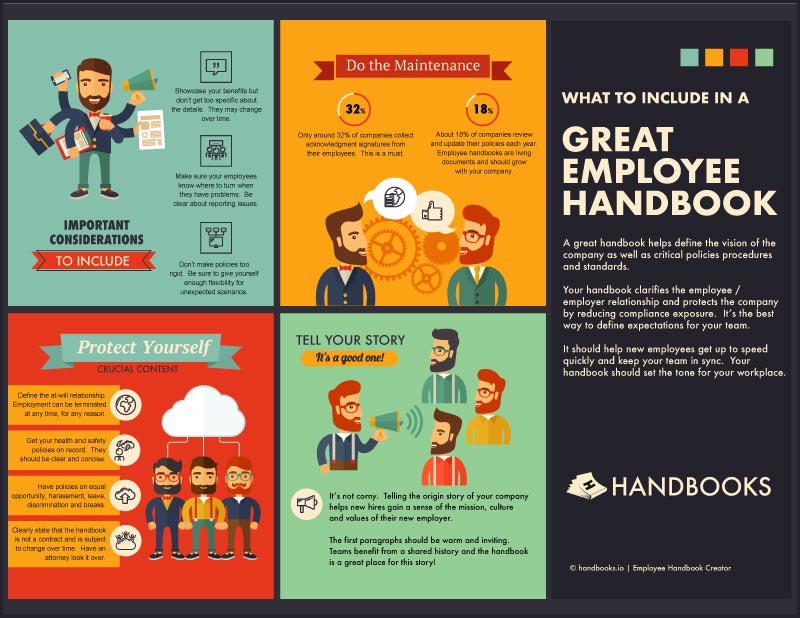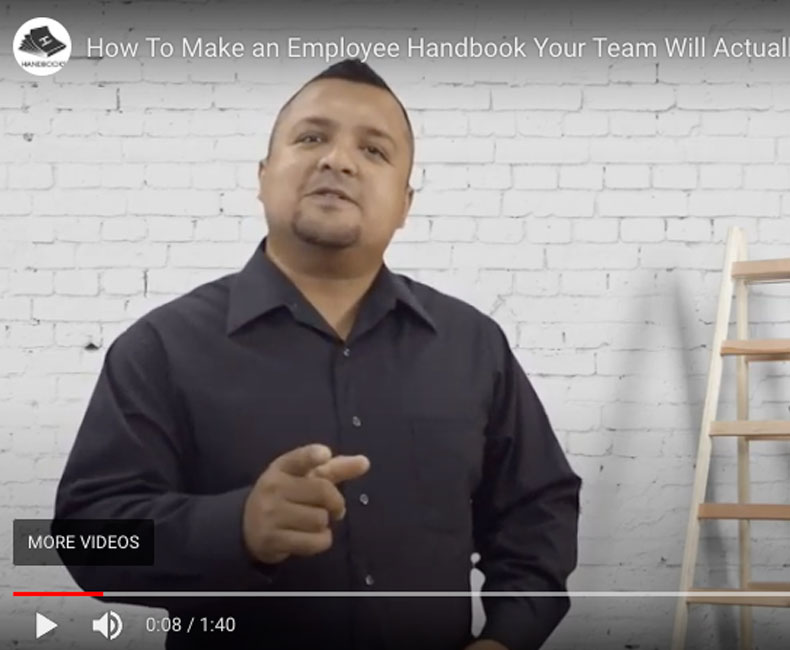Employers in California need to be aware of several updates beginning January 1, 2025. Here’s what you need to know.
Employers will have multiple new policies to grapple with in 2025
Starting January 1, 2025, California employers face new legal requirements impacting workplace practices. Key updates include restrictions on driver’s license requirements for job postings, bans on mandatory “captive audience” meetings, protections for freelance workers, and adjustments to paid family and sick leave policies. Employers must also adhere to new whistleblower notice requirements and accommodate intersectional discrimination protections under amended anti-discrimination laws.
Here are some updates that companies will need to comply with:
Driver’s license requirements
State Bill 1100 prohibits employers from requiring a driver’s license in job postings unless driving is essential to the role and alternative transportation options (e.g., biking, carpooling) would be impractical in terms of time or cost.
Prohibitions on mandatory “captive audience” meetings
The “California Worker Freedom from Employer Intimidation Act,” prevents employers from penalizing employees who refuse to attend or engage in meetings on religious or political topics, including union matters. Non-compliance could lead to civil penalties, enforceable by the Labor Commissioner or through civil action.
New protections for independent contractors
The “Freelance Worker Protection Act” establishes protections for independent contractors earning over $250. It mandates timely payment (by the contract date or within 30 days post-service if unspecified), prohibits payment reductions or contract alterations as payment conditions, and requires a written contract retained for four years.
Updates to paid family leave rules
California's AB 2123 prohibits employers from requiring employees to use accrued vacation before accessing Paid Family Leave (PFL) benefits. This state-provided benefit supports employees caring for ill family members, bonding with new children, or assisting with military deployments.
Expanded paid sick leave rules
AB 2499, expanding California’s paid sick leave to include “safe” leave for employees whose family members are victims of various forms of violence or threats. These protections, including unpaid leave for victims, are now also covered under the California Fair Employment and Housing Act (FEHA).
New whistleblower notice requirements
Employers are required to distribute a model list of employee whistleblower rights and responsibilities. Employers must post this list.
New protected characteristics related to intersectionality
California is the first state to incorporate “intersectionality” explicitly into its anti-discrimination laws. This amendment to the Fair Employment and Housing Act (FEHA) clarifies that discrimination protections apply to the combination of multiple protected characteristics, acknowledging that intersecting identities can amplify discrimination and harassment in unique ways.



















